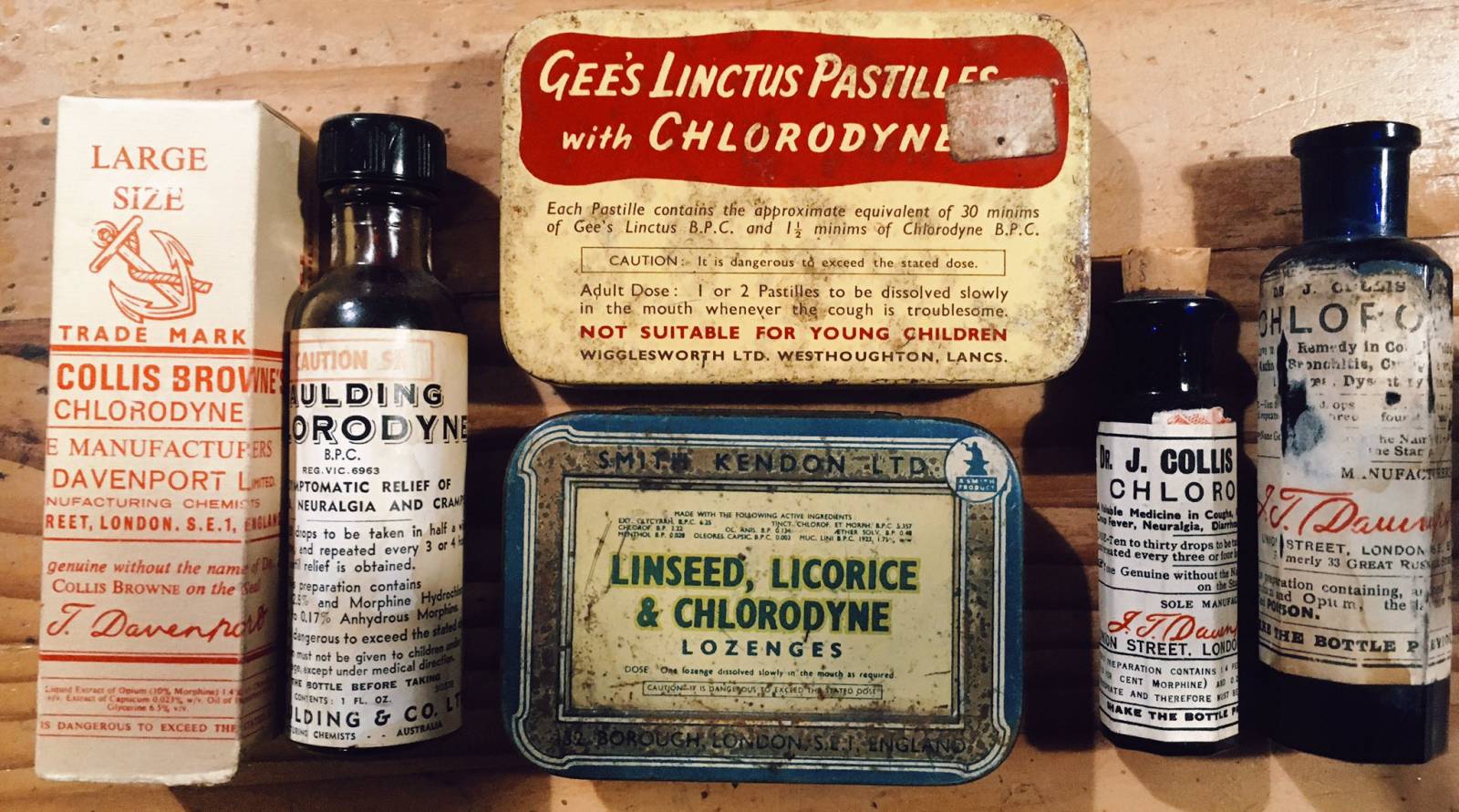Gendering chronic illness: Intersectional perspectives on biomedical care and patient communities
22-23 May 2024
On-site workshop at Tampere University, Finland
The workshop investigates the complex, often subtle ways in which chronic illnesses and pain are gendered. Drawing on multiple disciplinary backgrounds, including sociology, anthropology, gender studies, cultural studies, STS and history, the papers presented in the workshop ask how ideas about differences between genders become pinned to specific chronic conditions. Why are some chronic illnesses, such as migraine or fibromyalgia, associated with particular ideas of gender even when there may be no established connection between the condition and a gendered biological mechanism? What kinds of intersecting differences, such as race, class, age or disability, are mobilised (or dismissed) in how chronic pain is and has historically been approached in biomedicine, represented in culture, or experienced by patients? Drawing on case studies of and examples from biomedical practices and knowledge production, patient activism, and accounts of living with chronic illness and persistent pain, the workshop seeks to provide new insights on the impact of the gendering of chronic illness on ideas of healthy bodies, temporality of illness, and good care. We hope to understand how conceptualisations of gendered differences differ across clinical and patient communities, and how practices of gendering chronic illnesses and pain shape biomedical practices of care or possibilities for patient activism.

